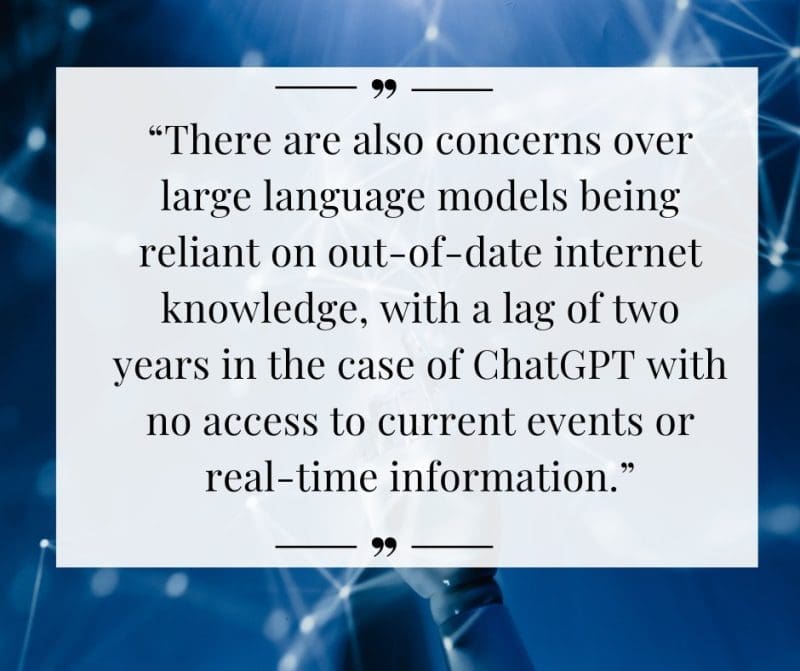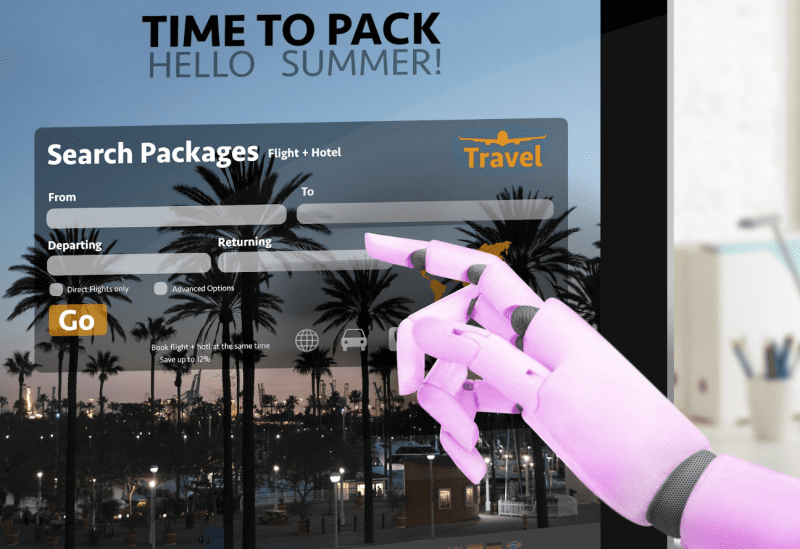HAL, please don’t do that, HAL
BOB MOWAT
If you remember the 1990s, you’ll also remember the arrival of the Internet and, almost simultaneously, the move by airlines to reduce and then cut travel agency commissions. It was a tumultuous time.
A time when many were predicting the demise (or in the vernacular of the time, disintermediation) of travel agents, as the opportunity the Internet provided to suppliers to sell directly to consumers was a hard one to resist. And it was happening at the same time as agencies were watching their commission revenues from airlines swiftly disappearing.
Seemed like no one was on an agent’s side in those days.

Agency consolidation abounded in the market as the larger groups moved in to gobble up the smaller retailers and the days of the ‘Mom & Pop’ retail shops were fast disappearing.
But it was also a time that saw the agency community discover new ways to survive and succeed as consortiums grew in strength and home-based travel agency groups began to pop up to fill the void.
And Here We Are Today
Fast forward to 2023, and there are certainly signals in the marketplace that the industry is at another turning point in its history; perhaps a strange observation about an industry that has just been turned inside out by a global pandemic, but there is something going on.

Already there is a lot of discussion amongst senior industry executives about Generative Artificial Intelligence (GenAI) and the impact it will have on the business because there’s no doubt it will have an impact.
Caroline Bremner, Head of Travel and Tourism Research for Euromonitor International, observed: “ChatGPT is taking travel and the world by storm. With travel highly-digitalized where 66% of all bookings are conducted online in 2023 and mobile accounting for 35% of all online sales, disruption from generative AI is already rife.”
The massive increase, she explained, can be narrowed down to convenience and 24/7 accessibility, pointing to the fact that travellers can access AI tools from various devices, including smartphones and computers, at any time and from anywhere with an internet connection.
And 97.8% of travel executives surveyed in Euromonitor International’s Voice of the Industry: Travel Survey indicated that AI would have an impact over the next five years.

Yeah Us, We’re Already Adapting
But the travel industry is already adapting. In April, Expedia announced it was collaborating with OpenAI, offering in-app trip planning powered by ChatGPT for iOS, as well as offering a plug-in to ChatGPT Plus users.
Booking Holding’s Kayak and OpenTable announced ChatGPT plug-ins. Other travel brands like TripAdvisor, GetYourGuide and Klook followed suit; while Trip.com integrated ChatGPT into TripGen, its newly released AI chatbot.
Hotels and airlines meanwhile are turning to generative AI for customer service, while automating menial tasks.
More integration will inevitably follow so that ultimately the trip planning to booking stages will blend seamlessly, dependent on access to real-time booking functionality.

Okay, There’ll Be A Few Bumps
However, Bremner warns that: “The path of AI adoption will not run entirely smoothly as there are major concerns over consumer privacy with countries like Italy temporarily banning ChatGPT.”
She said: “There are also concerns over large language models being reliant on out-of-date internet knowledge, with a lag of two years in the case of ChatGPT with no access to current events or real-time information. However, access to real time data has been enabled thanks to a new plug-in with Microsoft Bing.”
But perhaps more concerning, Bremner said, are: “The risks of amplifying misinformation, bias and inequality are all too real. Safety and security of consumers must be of paramount importance.”

And she noted that: “Tech leaders, like Elon Musk, recently demanded a pause on AI development to avoid risks to humanity including possible extinction from superintelligence, stating that the AI race was out of control and time was needed to enable government policy to play catch up.”
As for the retail travel trade, Bremner observed: “Travel agents faced mass disruption due to the rise of online travel three decades ago, which led to mass store closures and job losses. Now, the sector is ripe for more disruption as generative AI accelerates automation of tasks across every stage of the customer journey, before, during and after the trip.”
She said that: “With Microsoft planning to integrate generative AI into its Microsoft 365 Copilot software, it will become ever more prevalent in consumers’ daily lives and work whether we like it or not.”
“As before, travel brands will take the rough with the smooth to navigate this new phase of digital transformation with a test and learn approach. However, only those that ultimately celebrate the human touch of travel and hospitality will thrive,” she concluded.

















